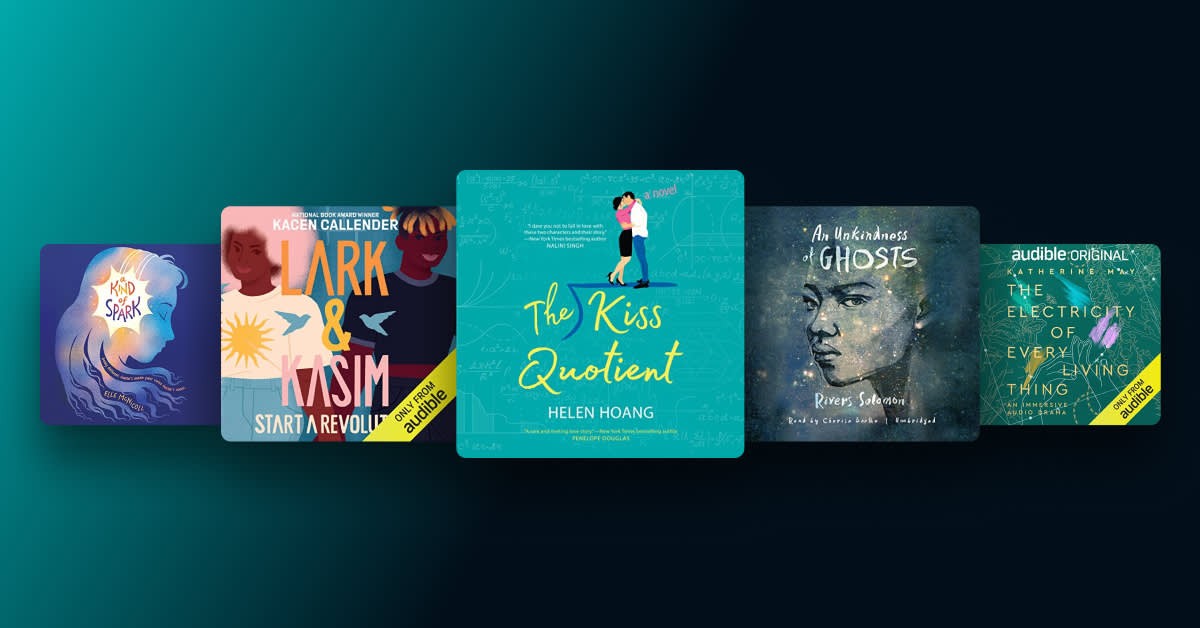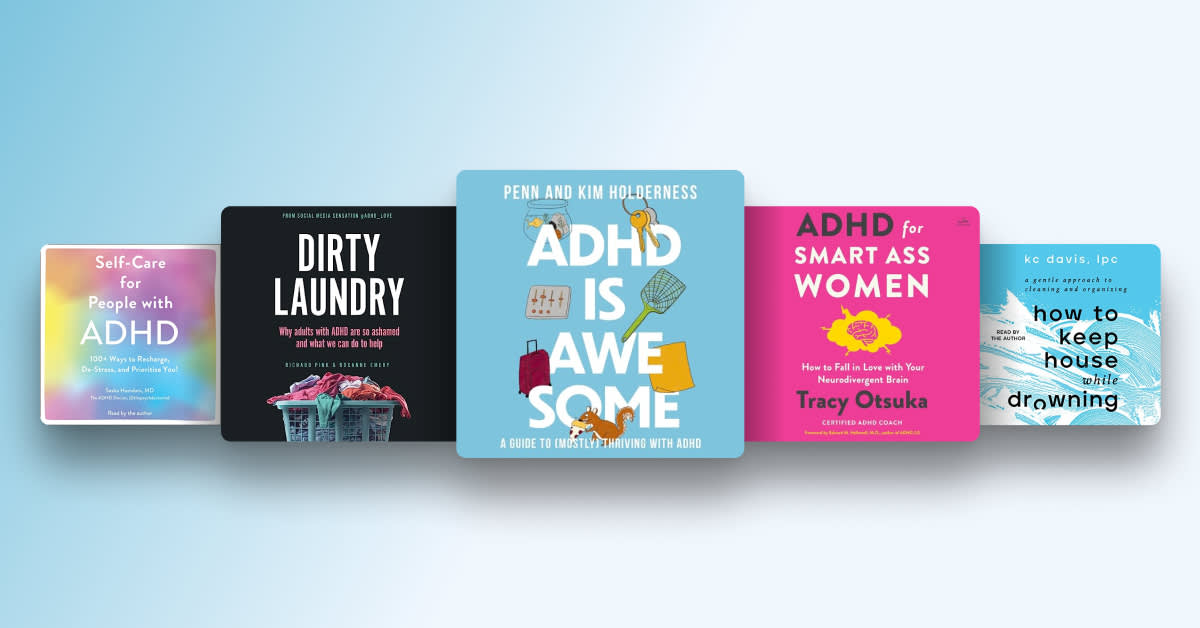Being Black can be difficult in the best of times. Being Black and neurodivergent is even more complex. Due to being medically and socially underserved in so many communities, it has been made significantly more difficult for Black folks to gain the official diagnoses of autism, ADHD, dyslexia, and other brain differences that lead to the accommodations that help the more privileged maintain successful lives. Instead, Black, neurodivergent children and adults have too often been passed over, dismissed as lazy, stupid, and without help or hope for the future.
As a broader understanding of neurodivergence, and how it presents in BIPOC people and AFAB people in particular, has moved forward, so has the discussion of it in the Black community—one that has internally dealt with reluctance and shame when it comes to developmental disabilities and the hand many Black communities were dealt by the education system. But with that also comes joy in our differences, and the reminder that Black people—and therefore Black neurodivergent people—are not a monolith, and live varied and interesting lives.
These listens, both fiction and nonfiction, highlight and uplift the voices of Black, neurodivergent creators, inspiring the next generation and serving as a reminder of the importance of diverse, inclusive storytelling.
Octavia E. Butler was dyslexic, and it is suspected among many that she might have also been autistic. Her work is profound and unsettling, and Kindred is a prime example of how that style works in Butler’s favor. The narration by Kim Staunton adds an even more urgent layer to the compelling text. Listeners will find it an excellent entry point into Butler’s work, which gets even more brilliant and disturbingly prophetic the more you explore.
A poet and visual artist, Morgan Harper Nichols is best known for her vivid and uplifting Instagram account. In putting together All Along You Were Blooming, she sought the input of her followers and friends in order to tell stories of herself and the world. After being diagnosed with autism at 30, she heavily embraced her own experiences and those of her peers to help others understand that they were not broken, that their differences could be beautiful. And this collection of poems and prose, read by the author herself, is the culmination of that joyful movement.
This children’s audiobook offers a literal rallying cry from renowned poet Amanda Gorman. Listen to the poet, who lives with an auditory processing disorder, as she hypes up the power of every girl and woman. Profound and hopeful, this short listen is a recognition of history and a celebration of the future.
When you are gathering stories about Black, autistic experiences, it can be easy to limit those stories to American Blackness, but Kala Allen Omeiza explores what it means to be autistic and Black around the world. These stories of lived experiences, narrated by Aishah Nyeta, bring a whole new perspective to those who share them and those who are seeking to understand them, in a very accessible way.
HollyRod Foundation founders and married couple Rodney and Holly Robinson Peete have each written about their experiences as parents to an autistic Black boy. In Not My Boy, narrated by Richard Allen, Rodney Peete discusses how, as a Black man and a public figure, he had to approach raising an autistic child in a different way. With his family in the spotlight, he and his wife used their voices for advocacy, while also trying to give their son a happy, healthy life.
Gen-Z British Nigerian author Oluseyitan Ojedokun has lived a very different experience than many of her neurodivergent peers. Focusing very closely on her education, Ojedokun discusses how the right space can make or break a neurodivergent student. She also explores the opportunities and successes she sees when it comes to working with neurodivergent youth of color, in particular. The audiobook narration, in Ojedokun’s own voice, adds a layer of intensity, as we get to feel every level of emotion in her story.
All three of the Brown sisters have their own flavor of neurodivergence, but Eve Brown, the youngest, spends the majority of the story exploring her own potential autism. It comes to a head when she meets an autistic man, Jacob, who owns the bed and breakfast where she impulsively decides to apply for a cooking position, despite having no experience with food service. Author Talia Hibbert herself is autistic, and her experience contributes to a realistic, fully realized story and cast of characters.
Figure It Out, Henri Weldon is a middle grade novel about a Black girl with dyscalculia. Author Tanita S. Davis (who lives with dyscalculia herself) tells the story of Henri, who is being “mainstreamed” into regular public school after years in a special education program. But it’s not just the difficulties with numbers that cause problems for this seventh grader; it’s all the realities of middle school. Karen Malina White excels at narrating in a way that reminds you this character is a young girl bravely dealing with the unexpected.
This memoir is a striking listen for anyone, but is particularly poignant for new parents of autistic Black children who are looking for a place to start and a voice of support. V. R. Smith approaches the world in which his son Miles lives, including the support he himself has to provide as a parent to a high-needs child, with both dignity and empathy. He discusses his regular struggles as well as the family’s triumphs, all bringing together a story that will resonate with a person of any neurostructure.
A decorated Olympian and advocate for mental health, Simone Biles is a trailblazer in every sense of the word. She’s also been open about living with ADHD and dyslexia. In Courage to Soar, Simon recounts her journey to becoming the greatest gymnast in the world, detailing the ups and downs as she worked towards her Olympic and world championship goals. Her story is an invitation to live courageously and conquer every challenge along the way.
How does a queer, autistic Black teen make his way as he questions everything about his life and identity? Daniel is the quiet, uninteresting one in his friendship, and that doesn’t change when a new kid comes onto the scene. Deciding that his best friend and his new friend are perfect for each other, he sets his goals on matchmaking—but, of course, nothing goes to plan. André Santana brings his skilled narration to autistic author James Ramos’s messy teenage story, ensuring that listeners won’t want to stop until they’ve made it all the way through.
Portia is a “perpetual hot mess” who can’t stick to much of anything. So, when she decides to take a sword-making apprenticeship in Scotland, most people in her life don’t expect it to amount to much. But as Portia comes to understand and love her new work, she discovers something else about herself: she might have ADHD. Published at a time when very few characters, let alone Black women, were written with neurodivergent traits, A Duke By Default is one of the trailblazers in the new spate of romances centering characters with developmental differences and disabilities.
Charish Reid’s characters often share her lived experience with ADHD. In (Trust) Falling For You, “fun professor” Yolanda doesn’t outright claim the disorder, but presents many of the familiar traits, from disorganization to a hyperactive internal monologue. This comes as a bit of a shock to the staid and sturdy Samuel, who ends up her roommate during their college’s first annual team-building retreat. Morae Brehon does a great job narrating both characters’ points of view, clearly differentiating between their narrative voices without making either person a caricature.
Autistic author DeAndra Davis’s debut novel, All the Noise at Once, introduces us to a Black teen who just wants to play football like his older brother. Unfortunately, the way his autism manifests causes some issues at tryouts and later during a game, and Aiden’s brother Brandon ends up in some trouble with the police. As Aiden tries to clear his brother's name, he also has to navigate the world as a Black, autistic teen. This novel, also narrated by André Santana, packs a punch at every step, inviting listeners to consider their own privilege in the world.
While Rivers Solomon's work is almost always speculative, this is their most frightening and unnerving book to date. A trio of siblings move away from the home that caused them internal and external trauma the moment they’re able, but must return to their community and the house that haunted them when they hear of their parents’ deaths. Narrated by relative newcomer Gabby Beans, this book digs into themes of racism while also exploring the ways in which the three siblings experience both youth and adulthood based on their own identities—whether through a queer, neurodivergent, or solely Black lens.



















